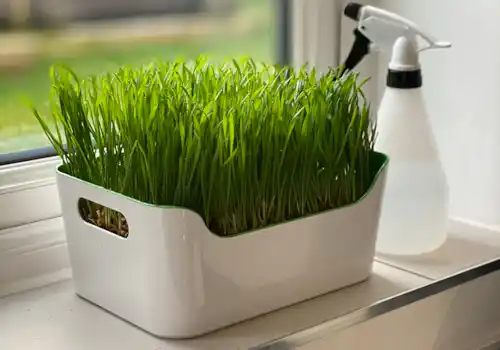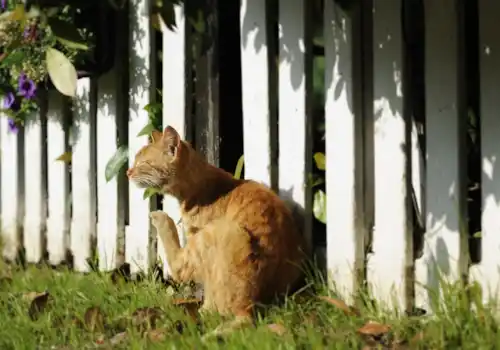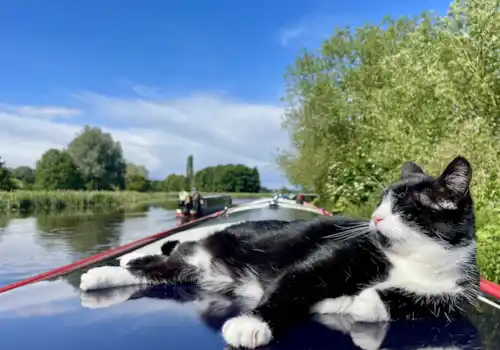The true cost of getting a kitten from a low-welfare breeder revealed and how you can avoid being ‘Pet-Fished’.
With an explosion in demand for pet ownership over lockdown, purchasing a Covid companion animal from high-volume, low-welfare breeders could come at a huge cost. New research has revealed that unscrupulous breeders could be putting a dent in the UK economy of an estimated £400 million a year.
Research by leading pet care brand Bob Martin has identified a tenfold spike in demand for people looking to purchase a companion animal while in lockdown. With online search volumes for cat and dog purchases at all-time highs, the company is calling on prospective owners to be vigilant and do what they can to avoid the unethical practice and being stung with spiraling vet bills — known as being ‘pet-fished’. This label has come from a Government campaign to educate people about how to avoid unethical breeders, with the term itself being a play on words of ‘catfished’, which is when someone creates a fake persona online to deceive people.
According to Government data, buying a pet from a low welfare breeder could cost pet owners an extra £5,000 in vet bills in the first 12 months. Unfortunately, high-volume breeders churn out kittens with little or no regard for their welfare.
Bob Martin are backing the campaign to educate potential cat owners about kitten farms, and are spreading the message about how these breeders will often disregard preventative healthcare for pets, with a lack of simple flea, tick and worm treatments — and even sanitary conditions.
Aurelie Gayraud, Senior Brand Manager at Bob Martin, gives her top tips on how prospective buyers can avoid being ‘pet-fished’ and stung with the colossal vet bills:
- Make sure you purchase a pet through a reputable breeder. The Governing Council of the Cat Fancy website, reputable rescue centres, and cat breed clubs are good place to start researching to find the right breeder.
- If you’re buying online, be extremely careful and make sure you’re aware of what to watch out for. The Petfished campaign website has useful guides and red flags to look out for, visit getyourpetsafely.campaign.gov.uk
- Never buy a kitten from a random location, such as a petrol station or car park. You want to see the environment a kitten has been raised in.
- Always ask to see the kitten’s mother. Make sure you’re buying the kitten in the breeding environment and ensure you take a good look at the breeder’s house. If something doesn’t feel right, or it sounds too good to be true, walk away from the sale.
- Always be sceptical if the breeder doesn’t ask you about your circumstances. If they don’t sound bothered about the pet’s welfare after the sale, this should certainly sound some alarms. A good breeder cares about their cats and will want to ensure the kittens are going to good homes.
- Always ask for the relevant and original documentation. This can include pedigree certificate, GCCF registration document, vaccination cards, and records of any other health tests for the kittens or the parents.
- If you suspect you’re dealing with a kitten farm, walk away. Purchasing a kitten because you feel sorry for him or her will only help to sustain the breeder’s unethical business. Report the kitten farm to the RSPCA.
- When you’ve brought a new pet into your home, ensure you treat it with relevant flea and tick treatments to ensure they’ve not brought any nasty parasites with them from the breeders’ place. Use a flea or tick treatment, such as Bob Martin Clear Plus, which kills fleas and their eggs on the pet and in the immediate surroundings to prevent re-infestation.
For more information on Bob Martin, visit www.bobmartin.co.uk







